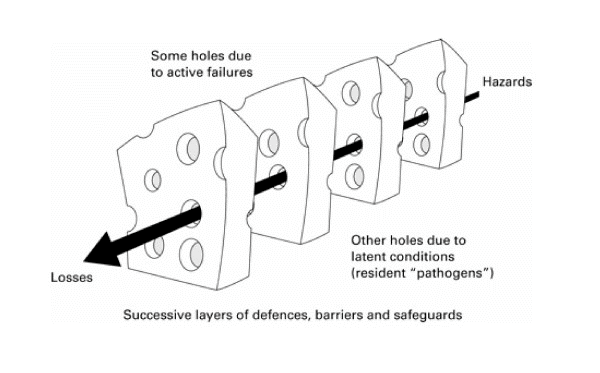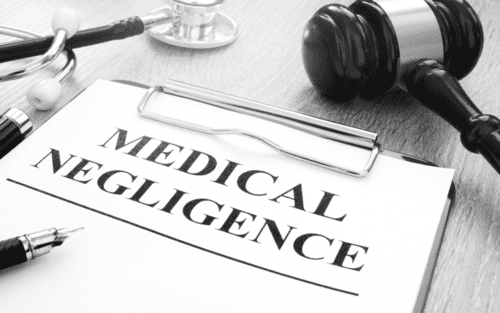Imagine you’re in the hospital undergoing a seemingly ordinary surgery, a right knee replacement. You wake up, still foggy from anesthesia, but feel a great deal of pain in your left knee. You look down and see that your left knee is bandaged and your right is unscathed. You call the nurse over to your bedside and inform her that you think they operated on the wrong knee. She observes the markings where the surgery should have taken place. You are now the victim of a “never event.”
What Is A “Never Event?”
In the healthcare setting, a “never event” is an occurrence that is considered a preventable adverse event. Meaning, as the name indicates, that these events should never occur. Never events are serious, and include incidents such as wrong site/wrong side surgeries, leaving foreign objects in a patient’s body after surgery, mismatched blood transfusions, and administering incorrect medications. To be deemed a “never event,” the occurrence must have been: (1) clearly identifiable and measurable; (2) usually preventable; (3) serious; and (4) adverse and/or indicative of a problem in a health care facility’s safety systems and/or important for public accountability.
Despite the fact that “never events” should never occur, they still happen. When they do, the results can be catastrophic for the injured party.
How Does A Never Event Occur?
Due to the seriousness and preventability of “never events,” it seems impossible that these situations could occur, especially considering the improvements in medicine and technology within the past twenty years. However, one model, labeled the “Swiss cheese” model, illustrates how a “never event” can occur if proper policies and procedures are not in place or not followed in the healthcare setting.
The “Swiss cheese” model is a metaphor explaining systemic failures within healthcare facilities that lead to the occurrence of “never events.” According to the model, hazards are prevented from causing human losses by a series of barriers. The barriers in place have weaknesses – or holes – thus resembling Swiss cheese. In a functional system, the weaknesses never align, and errors don’t occur. However, when all of the weaknesses align, errors occur and the patient is harmed.[1]

[1] Graphic comes from https://www.ncbi.nlm.nih.gov/books/NBK2666/figure/ch5.f2/
Certainly, it is in the best interests of any healthcare system or facility to prevent “never events” from happening. Unfortunately, as illustrated by the Swiss cheese model, when the holes align, “never events” occur far more often than they should. One 2012 study by researchers from Johns Hopkins University found that an estimated 4,082 surgical “never event” claims occur each year in the United States.
If The “Impossible” Happens To You
Frequently, “never events” lead to serious and ongoing injuries to the victim. These injuries can lead to continued health problems, the need for additional or corrective surgeries, missed work, loss of opportunities, and other economic and noneconomic damages.
If a “never event” happens to you or someone you know, promptly reaching out to an attorney with experience navigating complex healthcare laws and systems is of utmost importance. An attorney can assist you with negotiating ongoing medical bills and fighting for your right to compensation for injuries incurred. In North Dakota, the statute of limitations for medical negligence cases (which would include never events) is two years, so it is also imperative to get a lawyer to review your case right away.
Conclusion
If you or someone you know have been the victim of a “never event,” it is essential that you speak to an attorney who understands the ins and outs of medical malpractice and medical negligence claims. Reach out to the personal injury team at SW&L Attorneys by calling 701-297-2890, or emailing us at: info@swlattorneys.com
This article is for informational purposes only and is subject to our disclaimer.










